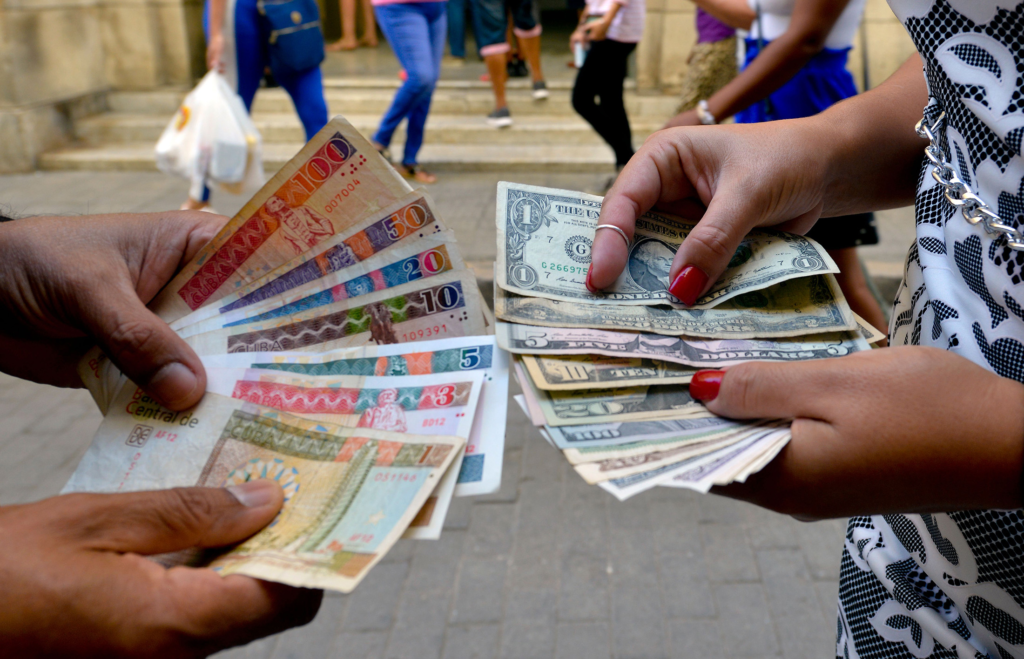On August 3, 2023, the Cuban Central Bank introduced new rules to address economic challenges. They prohibit state and private businesses from using ATMs and restrict cash transactions between them. These measures aim to control inflation and unregistered business activities.

Under the regulations, cash transactions are capped at 5,000 Cuban pesos daily (about US$20). For amounts exceeding this limit, businesses must rely on electronic payments. The implementation of these rules will occur gradually over six months.
The government’s rationale behind the regulations is to ensure financial stability and prevent cash from being used for illegal activities. However, critics argue that the government intends to assert control over the flow of money and suppress independent businesses.
The Cuban economy has been struggling due to factors like the US embargo, the COVID-19 pandemic, and poor economic management. These regulations demonstrate the government’s increasing desperation to stabilize the economy.
Key points of the new rules encompass the ban on ATMs for state and private businesses, the daily cash transaction limit of 5,000 pesos, and the mandatory use of electronic payments for larger transactions.
The impact of these regulations on the Cuban economy is likely to be significant. They may impede business operations and result in inflationary pressures. Nonetheless, the government believes that in the long run, these measures will contribute to economic stability.
